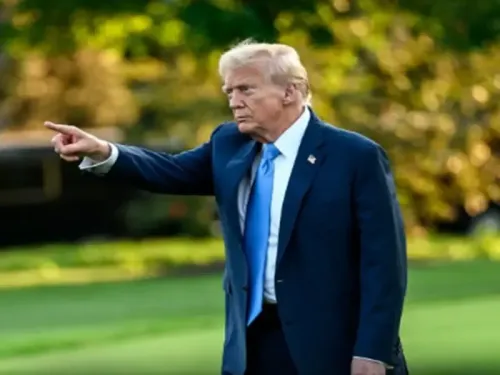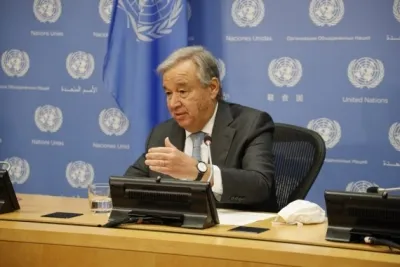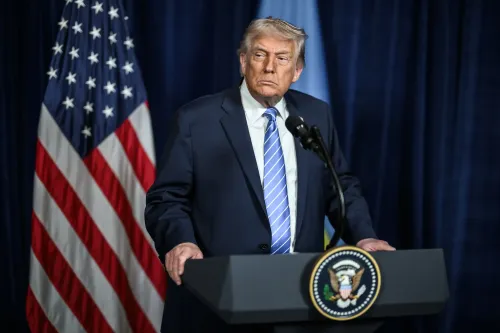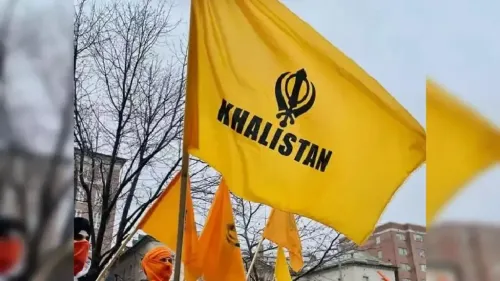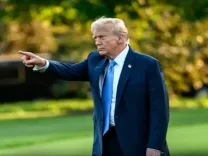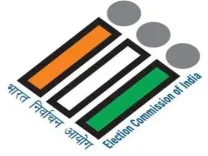Why has the South Korean Court Postponed Lee's Election Law Violation Retrial?
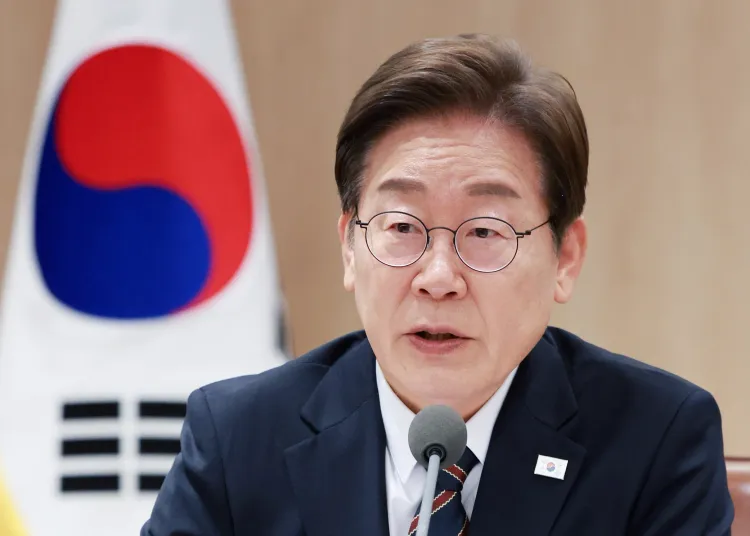
Synopsis
Key Takeaways
- Seoul High Court has postponed President Lee's retrial.
- Legal immunity for sitting presidents is a contentious issue.
- Lee faces multiple trials beyond the election law violation.
- The outcome may affect South Korea's political climate.
- Public trust in legal processes is at stake.
Seoul, June 9 (NationPress) The Seoul High Court announced on Monday that it has once again delayed the retrial of South Korean President Lee Jae-myung concerning allegations of election law violations.
The court revealed that the initial hearing set for June 18 has been postponed to an unspecified future date, referencing Article 84 of the Constitution, which provides immunity from criminal prosecution to a sitting president, barring cases of insurrection or treason.
Lee was elected president on June 3 following the dismissal of former President Yoon Suk Yeol over his failed attempt to impose martial law in December.
Previously, the Seoul High Court had delayed the first hearing from May 15, indicating the necessity to ensure a fair electioneering opportunity for the then-presidential candidate Lee.
This retrial arises after the Supreme Court remanded the case in May, reversing the Seoul High Court's previous ruling that had acquitted Lee of a suspended prison sentence for alleged false statements made prior to the last presidential election in 2022.
In addition, Lee is currently facing four other trials related to corruption charges stemming from a development project during his tenure as Seongnam mayor, misappropriation of provincial funds as the Gyeonggi governor, illegal remittance of funds to North Korea, and subornation of perjury.
The ongoing debate regarding whether these trials should proceed during Lee's presidency arose during the election campaign, as some interpreted his immunity from prosecution to only apply to new indictments, according to reports from Yonhap news agency.
The latest decision by the Seoul High Court could significantly influence the proceedings of the other four trials.
Additionally, Lee was previously found guilty of providing false testimony during an audit of the Gyeonggi provincial government in October 2021, where he claimed he was pressured by the land ministry to rezone the former site of the Korea Food Research Institute in Seongnam.


